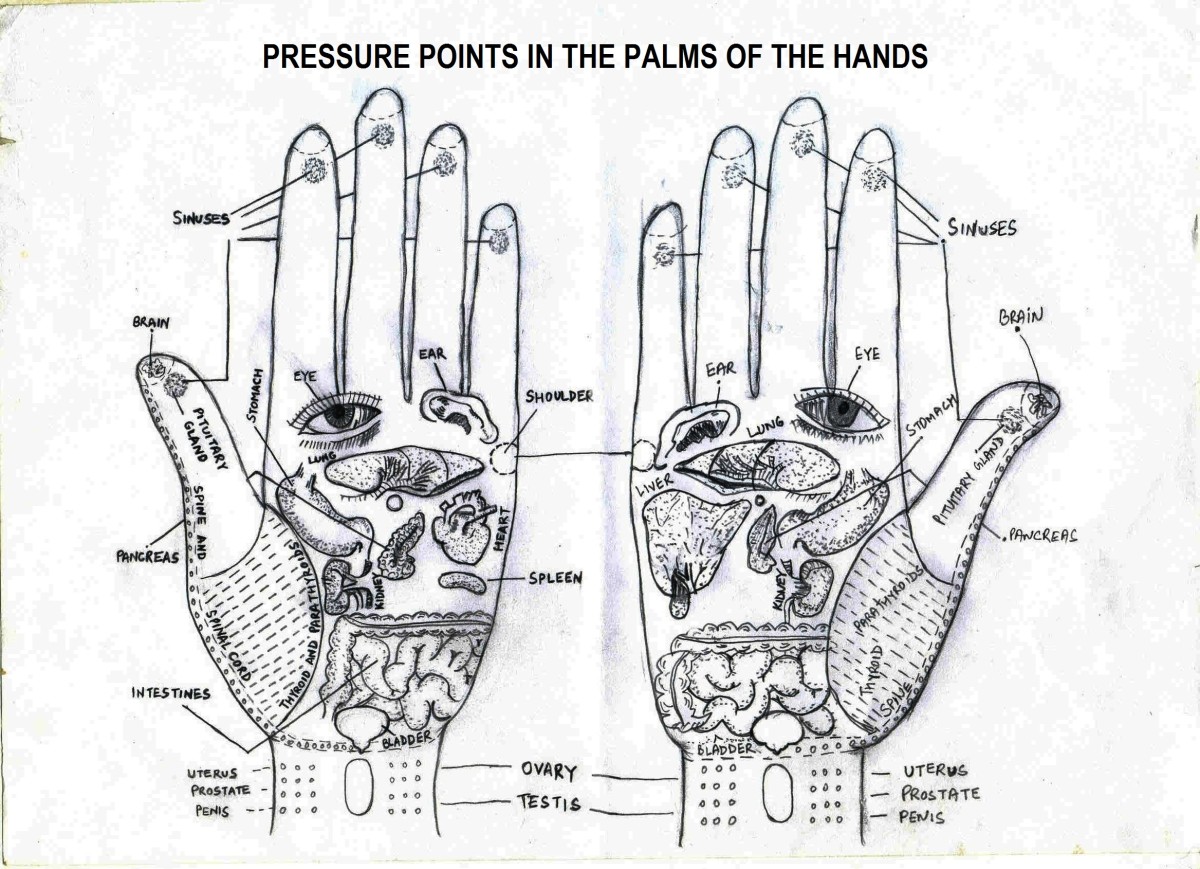An Overview of the Core Ethical Principles Governing Health Informatics
Health Information Personnel (HIPs) primary function in a social environment is based on Core Ethical Principles. Some of the Ethical Principles are as follows:
1. Principle of Autonomy
This policy states that everyone is entitled to self-determination
2. Principle of Equality and Justice
The law says that each person is equal as a person and is entitled to be treated so
3. Principle of Beneficence
Under this principle, everyone has a duty to promote the good of others where the nature and intentions of this good are in keeping up with the core and strong values of the affected party.
4. Principle of Non- Malfeasance
Every person has a duty to prevent harm to others as long as they have the ability to do so without necessary harming themselves.
5. Principle of Impossibility
Duties and rights hold the subject to the condition that it is possible to meet them under the circumstances that get.
6. Principle of Integrity
The policy states that whoever is obligated, has a duty to fulfill that duty to the best of his ability by the law.
General Informatics Ethics Principles
Some of the general informatics ethics principle applied to the type of situations characterizing the informatics setting are discussed below:
1. Principle of Disposition and Information Privacy
Under this principle, everyone has a fundamental right to privacy, and as a result has the control over data collection, access, storage, use, manipulation, communication, and disposition
2. Principle of Openness
Data collection, access, use, storage, manipulation, disposition must readily be available for prompt and full disclosure
3. Principle of Security and confidentiality of the information collected
The data collected must be protected by all and reasonable measures against potential loss, unauthorized destruction, degradation, access, use, change, manipulation or communication.
4. Principle of Access
Everyone with proper authorization has the right to get access to, make corrections to the given electronic record for when of any inaccuracies, irrelevance, and incompleteness
5. Principle of Accountability
Under this principle, if there is an infringement of the right to control over an individual relative data and privacy rights of a person, must be justified to the affected individual in due time and acceptable way.
6. Principle of the Least Intrusive Alternative
Infringement of privacy rights of a person and their right to control over the individual relative data as stipulated in principle 1, will only occur in invasive fashion and with least interference with the rights of the affected individual put into consideration.
7. Law of Legitimate Infringement
The right to control the data collection, access, use, communication, storage, and disposition of and data is conditioned by the relevant, legitimate, and pertinent information needs of a free, responsible and democratic society.








